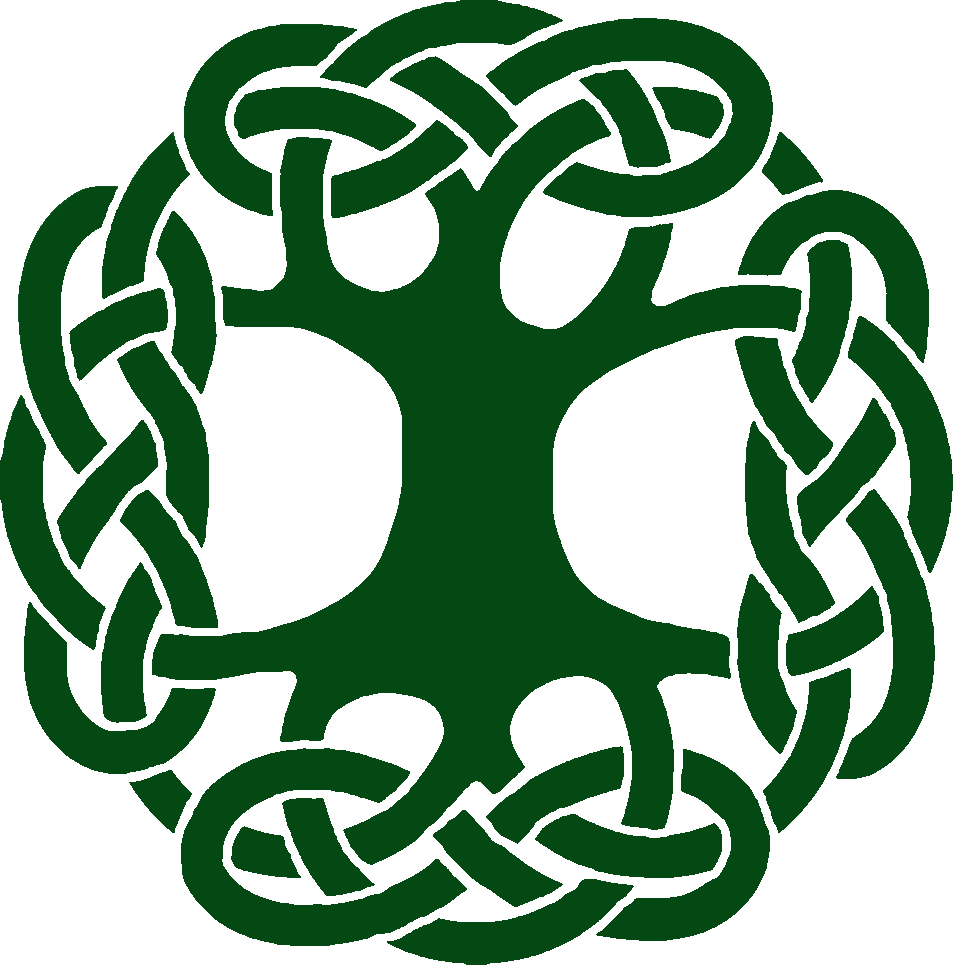Comparative evidence
1.teu̯d, 1.steu̯d
• Goth. stautan ‘strike’ (Lehmann 1986: 324), ‘hit’, ‘jab’, ‘thrust’ (Kroonen 2014: 476)
Mt. 5, 39:
iþ ik qiba izwis ni andstandan allis þamma unseljin; ak jabai hvas þuk stautai bi taihswon þeina kinnu, wandei imam jah þo anþara…“But I say to you, Do not resist an evildoer. But if anyone
strikes you on the right cheek, turn the other also…”
Lk. 6, 29:
þamma stautandin þuk bi kinnu, galewei imam jah anþara; jah þamma nimandin af þus wastja, jah paida ni warjais. “If anyone
strikes you on the cheek, offer the other also; and from anyone who takes away your coat do not withhold even your shirt.”
• ON stauta ‘beat’, ‘strike’ (Cleasby, Vigfusson 1874: 589)
Karla-Magnús Saga:
stautar á honum spjótinu (Unger 1860: 182)
• OHG stōzan ‘thrust’ (Lehmann 1986: 324)
References
Cleasby, Vigfusson 1874 = Cleasby, R., Vigfusson, G. 1874.
An Icelandic–English Dictionary. Clarendon Press.
Kroonen 2014 = Kroonen, G. 2014.
Etymological Dictionary of Proto-Germanic. Brill.
Lehmann 1986 = Lehmann, W. 1986.
A Gothic Etymological Dictionary. Brill.
Unger 1860 = Unger, C. (ed.),
Karlamagnus saga ok kappa hans. Fortællinger om keiser Karl Magnus og hans jævninger.. Christiania, 1860.

